 If you own real estate or are considering buying real estate, then you’ve probably run across terms such as single-family home, town house, row house, and condominium. What do these terms mean and is it better to own one type of property over another?
If you own real estate or are considering buying real estate, then you’ve probably run across terms such as single-family home, town house, row house, and condominium. What do these terms mean and is it better to own one type of property over another?
Let’s begin by clarifying these terms. The confusion surrounding these terms has to do with the distinction of how people legally own property vs. the type of property owned. While there are many ways to legally own property, the two most common methods are Fee Simple (sometimes called Fee Simple Absolute) and Condominium.
A brief definition of Fee Simple is having an unqualified ownership interest in a property or other real estate. In most cases, people who own a home in Fee Simple not only own the home’s interior and exterior, but they also own the land beneath, and in front and back of the property, as well as having some rights to the air space above the property. In contrast, people who own property as a Condominium, only own the inside of the unit itself. The land below the property, the air space above the property, the front and back yards (if any), the exterior of the unit, the stairs and grass areas outside of the unit (if any), are all owned collectively by all the unit owners within the condominium development.
So now that we’ve discussed how property is typically owned, let’s review briefly the various property types. The most common type of property in the United States is a single-family home (SFH). SFH’s are usually detached structures that have one or two levels, a front and back yard, and are designed to meet the needs of a single family. SFH’s are typically sold as Fee Simple, although you will run across SFH’s that are sold as condominiums.
A condominium, condo for short, is a single unit that is usually attached to other units within a larger complex. Condo owners only own the inside of an individual unit. Collectively, all unit owners within a development own all the structures and land outside of the individual units. Condos usually share common walls with the units above, below, and to either side, and all owners share the costs of maintaining the structures and land external to the units. You might be interested to know that many buildings that look like apartment complexes are actually individually-owned condos. However, not all condominiums are attached units. In fact, more and more detached homes are now being sold as condominium ownership.
The terms town home, row house, and townhouse are often used interchangeably. These terms describe a consecutive series of similar residential units that may or may not share common walls with the adjacent units. These properties usually have two or more levels, may or may not sit on individual lots, and may or may not have front or backyards. These types of properties could be sold Fee Simple, Condominium, or some other type of ownership method, so it’s important to know what you’re getting.
The confusion then lies in what term is being used in what way. A town house, town home, row, single-family home could be either Fee Simple, Condominium, or something else. If a property is advertised as a condo, then the method of ownership is readily obvious–condominium ownership.
Each of the ownership methods and property types above have advantages and disadvantages. If you’re considering buying real estate, be sure to talk to your Real Estate Agent, legal advisor, and/or financial advisor about the pros and cons of various ownership methods and different property types before making any purchase decisions.
To sum it up, here are some very basic definitions as found on multiple web sources as well as examples:
- Town House – A dwelling unit, generally having 2 or more floors and attached to other similar units via party walls. Town houses are often used in planned unit developments and condominium developments, which provide for clustered or attached housing and common open space.
- Row House – Single-family dwelling units attached to one another by common walls, generally with a common facade.
- Condominium – A system of ownership of individual units in a multi-unit structure, combined with joint ownership of commonly used property (sidewalks, hallways, stairs, etc.).
Buying a condo, town or row house? Search here!

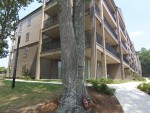
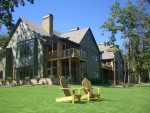
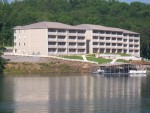
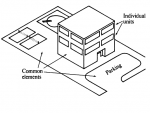
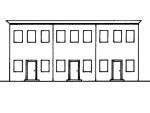
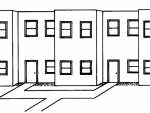

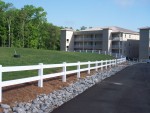
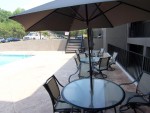
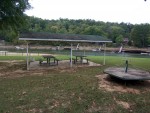
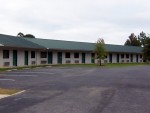
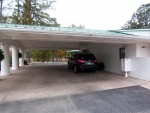
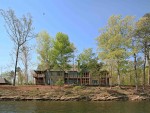
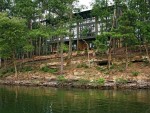
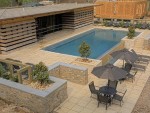



As you mentioned, I’m thinking of buying real estate but I’m really confused about certain terms related to properties. I kept on hearing about condominiums and single-family homes but I haven’t understood how ownership works. It might be a good idea to work with a real estate agent who can help me understand the process and everything that comes with it.